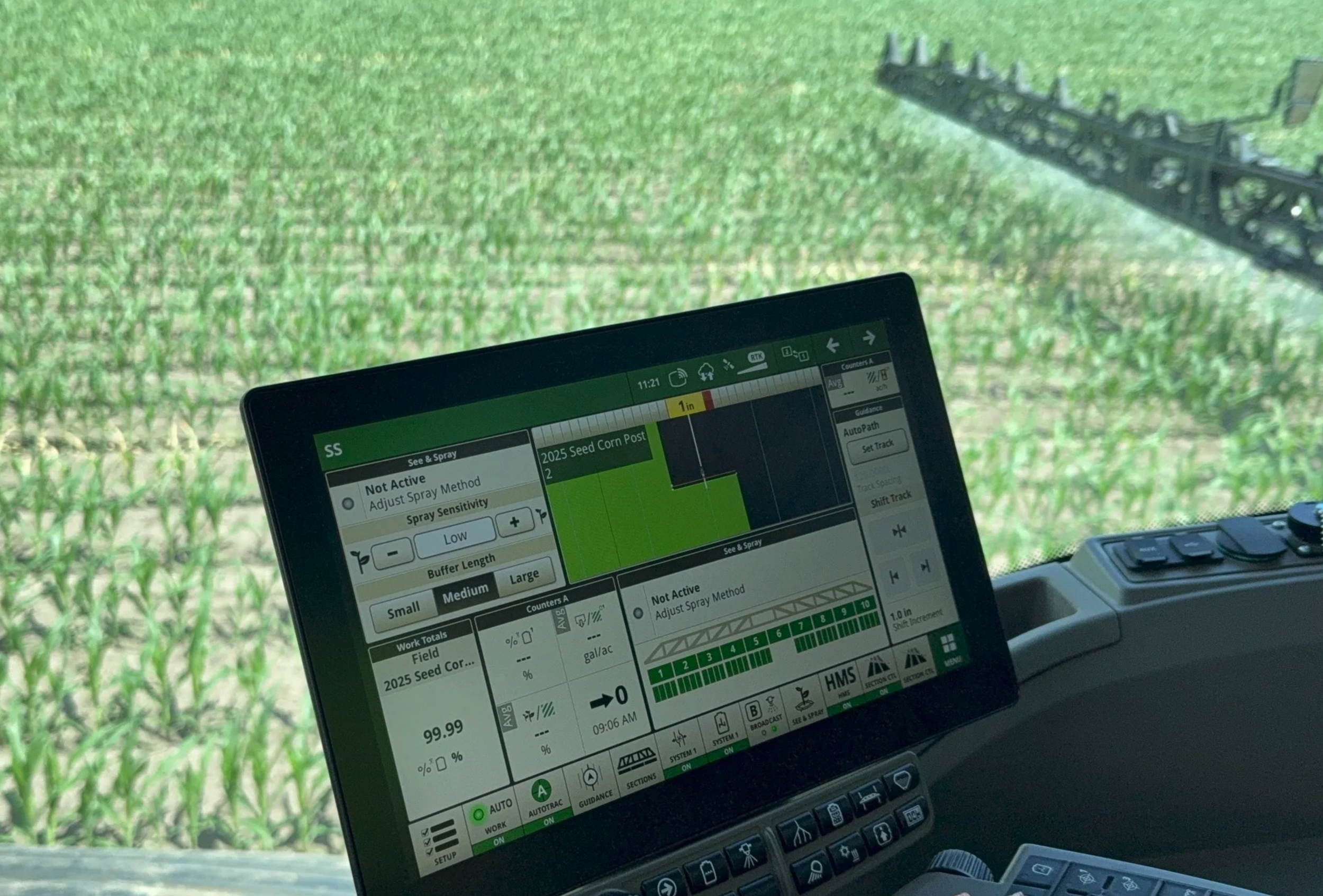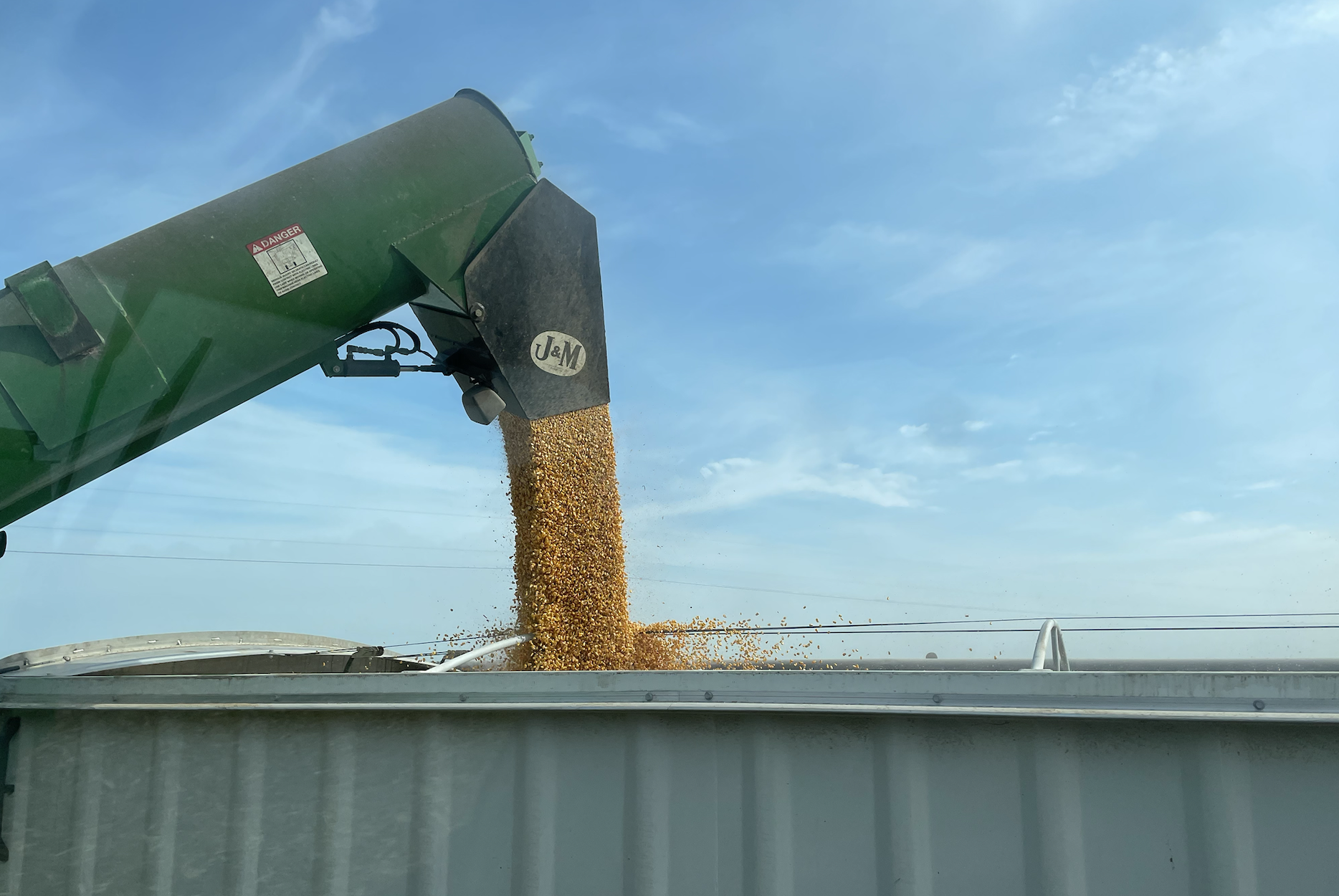When AI Becomes a Drafter of Contracts
/When parties cannot agree on the meaning of a word or phrase in a contract and decide to litigate the dispute, courts have many long-followed rules for interpreting the correct (winning) meaning of the disputed terms. These rules have always assumed one or both of the parties (or their lawyers) was the drafter of the contract. But what happens to these cardinal rules when an AI tool becomes the “drafter” of a contract?
AI tools like ChatGPT are more than willing to draft contracts when prompted. I’ve written before that these contracts, while not perfect, may be better than having no contract in certain situations. A farm lease drafted by AI with the basic terms like duration, rent, tenant use, etc., could reduce unknown obligations if questions arise years after the lease was signed.
When disputes do arise about the meaning of a term, courts apply a number of rules to determine the meaning of the disputed term. A recent Indiana Supreme Court, Thomas v. Valpo Motors, Inc., 258 N.E.3d 236, 241-42 (Ind. 2025), recites these rules to interpret an automotive sales contract to determine whether the seller had properly disclaimed its warranties. The first traditional rule of contract interpretation is that the court will seek to review the contract “as a whole,” seeking to determine the parties’ intent while “making every attempt to construe the contract's language so as not to render any words, phrases, or terms ineffective or meaningless.”
The second rule is that, when the terms of a contract are clear and unambiguous, the Court “will apply the plain and ordinary meaning of the terms and enforce the contract according to its terms.”
The third rule is that any “ambiguous” terms are construed against the drafter. This rule means, for example, that consumer form contracts are typically construed against the companies asking consumers to sign them.
When AI drafts the contracts, how would these rules apply since courts cannot inquire with the “drafter” about what was intended? AI cannot testify as to what its “intent” was when drafting the contract. AI tools like ChatGPT operate in a black box. Similarly, an AI drafted contract essentially has no “drafter”—unless courts determine that the person inputting the prompts to AI is the drafter.
From my research, we have not yet seen courts interpreting contracts drafted solely by AI tools and analyzing how traditional contract interpretation rules might apply. It will be interesting to see how this issue is addressed as disputes about AI-drafted contracts end up in court. Of course, the best way to minimize this risk is to ask a lawyer to draft and review your contract prior to signing.
****
Quotations above taken from Thomas v. Valpo Motors, 258 N.E.3d 236, 241-42 (Ind. 2025).











